Iranian President Masoud Pezeshkian has declared that the Islamic Republic will overcome the reimposition of United Nations sanctions triggered by the so-called “snapback” mechanism, following a vote at the UN Security Council that declined to permanently lift restrictions on Tehran. In remarks broadcast by state television on Saturday, Pezeshkian remained defiant, asserting that Iran’s scientific and human potential would allow it to recover and move forward, despite mounting international pressure.
“Through the ‘snapback’ they block the road, but it is the brains and the thoughts that open or build the road,” he said, suggesting that foreign attempts to isolate Iran or cripple its infrastructure would ultimately fail. He referred specifically to the Natanz and Fordow nuclear facilities, which were reportedly targeted in attacks attributed to the United States and Israel earlier this year. “They can strike our Natanz or Fordow, but they are unaware that it is humans who built and will rebuild Natanz,” Pezeshkian said, highlighting Iran’s determination to restore any damaged installations.
The UN Security Council’s decision on Friday followed a 30-day process initiated by Britain, France, and Germany, who accused Tehran of violating the 2015 Joint Comprehensive Plan of Action (JCPOA)—a nuclear deal aimed at curbing Iran’s capacity to develop a nuclear weapon. The European powers claim that Iran has failed to meet its obligations under the agreement. Iran, for its part, has consistently denied seeking to develop nuclear arms, maintaining that its nuclear program is peaceful and intended for civilian purposes.
Pezeshkian made clear that Iran would not yield to international pressure. “We will never surrender in the face of excessive demands because we have the power to change the situation,” he said. His remarks were aimed not just at domestic audiences, but at the global community watching how Iran would respond to renewed diplomatic and economic isolation.
If no agreement is reached between Tehran and the European signatories in the coming days, the snapback mechanism will take full effect. This would mean the automatic reimposition of key UN sanctions, including an arms embargo, bans on uranium enrichment and reprocessing, a prohibition on ballistic missile activities, and a global freeze on Iranian assets and travel bans targeting individuals and entities associated with the Iranian government.
The looming deadline has raised tensions between Iran and Western powers, as the two sides remain deeply divided over how to salvage or redefine the nuclear accord. Iran has called for full sanctions relief and an end to what it calls unjustified demands, while European governments have expressed frustration over Iran’s accelerated nuclear activities and lack of transparency with international inspectors.
As the situation unfolds, Pezeshkian’s message of resilience and resistance signals that Iran is preparing to face renewed isolation with a sense of nationalistic pride, relying on domestic capability rather than diplomatic compromise—at least for now.

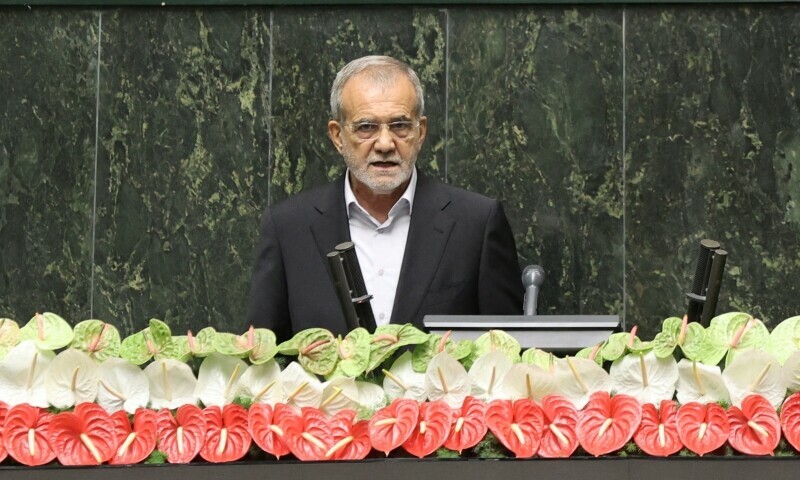
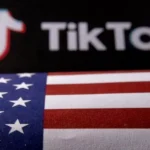
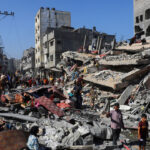


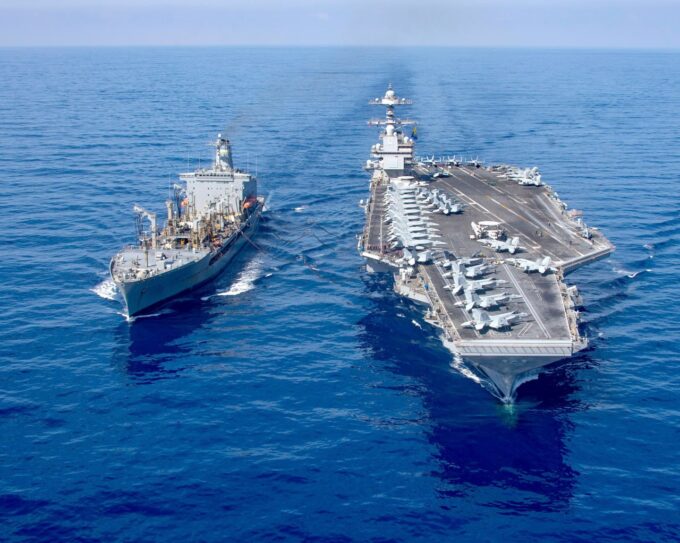

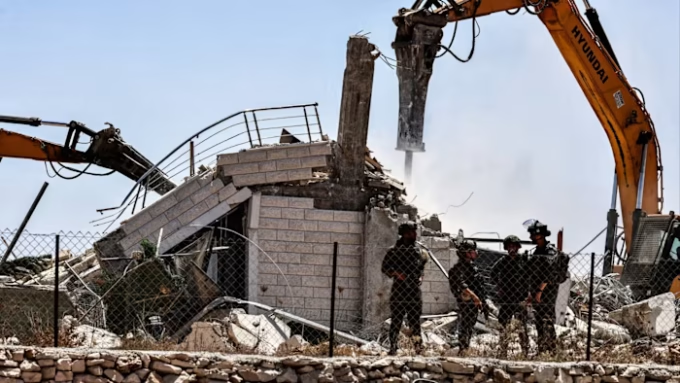



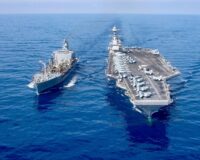
Leave a comment